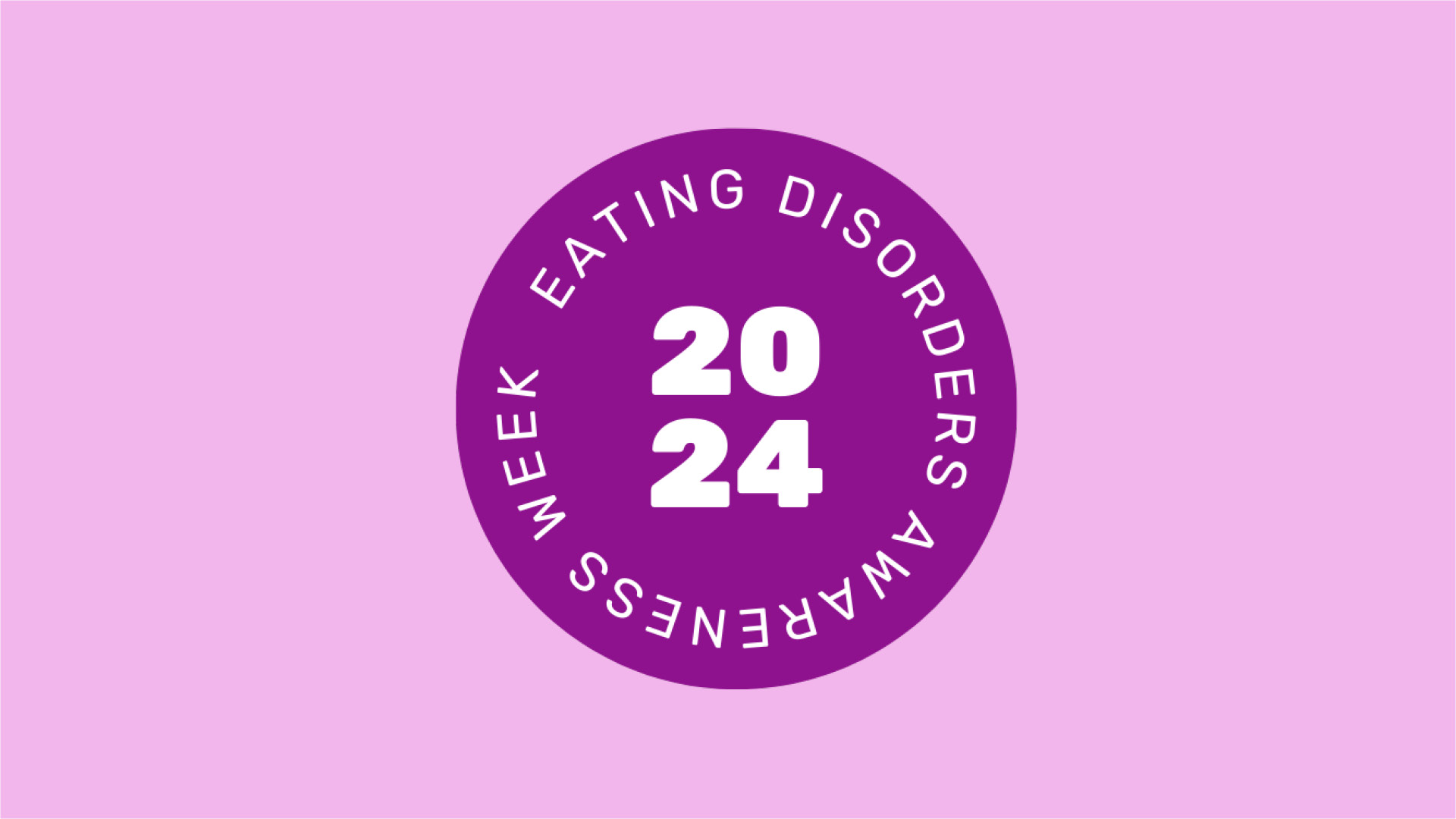
What is Eating Disorders Awareness Week?
This year Eating Disorders Awareness Week runs from 26th February 2024 – 3rd March 2024. Each year the week is centered around a certain theme based on current awareness.
The theme for this year is the eating disorder known as ARFID.
What is ARFID?
ARFID stands for Avoidant/Restrictive Food Intake Disorder. ARFID is characterised by avoiding certain foods or types of foods, restricting the overall amount of food eaten or both of these.
The most common reasons ARFID occurs are:
- Being sensitive to taste, smell, texture, appearance or temperature of foods.
- Avoidance following a distressing experience with food, such as being sick, choking or being in pain.
- Low interest in eating, due to it seeming like a chore.
ARFID looks different for everyone.
ARFID can have an impact on both someone’s psychological and physical health. The restriction of food and a lack of a varied diet can result in weight loss, slowed growth and vitamin and mineral deficiencies. This can result in problems for development and in day to day functioning.
ARFID can also impact a person’s social life, as a lot of day to day activities can revolve around food, and this makes it difficult to go places, including on holidays, and to have and maintain relationships with others.
Other Eating Disorders
The more common eating disorders that you may have heard of are Anorexia Nervosa, Bulimia Nervosa and Binge Eating Disorder. These are not attention seeking behaviours, but are instead mental health conditions that can seriously impact a person’s life. As with ARFID, there are a variety of reasons why someone might develop an eating disorder, and a range of different risk factors.
What to do if you are struggling with your eating
If you are struggling with your eating, there are many places you can go to get help.
Don’t be afraid to come and seek support from Student Services, refer yourself online https://confetti.ac.uk/sstreferral/, or ask your tutor to refer you for support.
You can also access external support from BEAT https://www.beateatingdisorders.org.uk/get-information-and-support/get-help-for-myself/i-need-support-now/helplines/ – they have a helpline, an email and a one-to-one webchat.
If you are concerned, you can also speak to your GP about support they can offer too.

